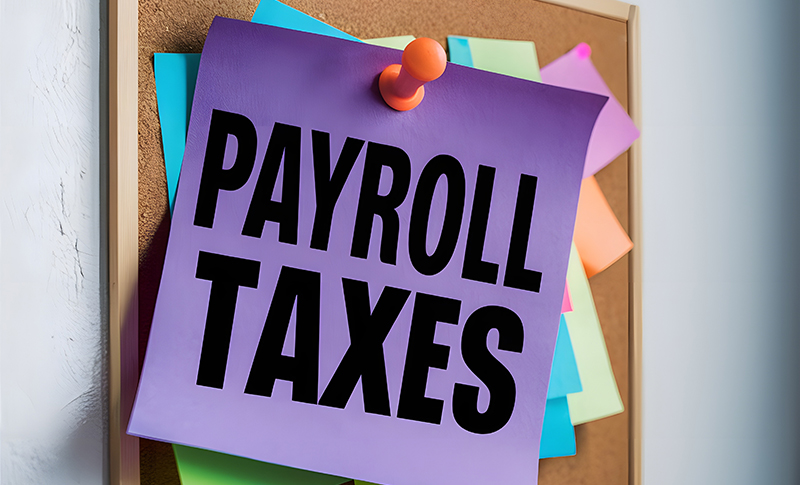Can I Deduct COBRA Payments?
May, 24 2023 by Steve Banner, EA, MBA
Over the past couple of decades, this question has bothered millions of taxpayers who have been laid off, or otherwise lost the health insurance coverage provided by their employers. The answer to this question is generally positive. But as is the case with so many answers to questions related to income taxes, the devil is in the details.
It is no wonder that you would ask this question if you have recently been laid off from your job and just found yourself looking at a COBRA bill to provide continued health insurance coverage for yourself and family. You probably never gave a thought to the cost of your health insurance while you were working because your employer paid for most or all of the premiums. And even if you did have to pay a portion of the premiums, you barely noticed it because your contribution was deducted from your payroll. Thus, it comes as quite a shock to now face a monthly bill of $1,000 or more to cover yourself, your spouse and your children.
According to the Federal tax laws, your unreimbursed COBRA payments are, in fact, deductible as medical expenses on your 1040 tax return in the same way that you can deduct unreimbursed payments for legal medical services provided by physicians, surgeons, dentists, and other medical practitioners, as well as any related equipment and supplies. But your medical expenses can only be deducted on your 1040 if you qualify to itemize your deductions with your tax return, using Schedule A, Itemized Deductions. This recent article from our blog provides more details, but the bottom line is that Schedule A may only be used if the total of your 2022 out-of-pocket expenses in the following areas exceeds a certain amount that depends on your filing status:
- Eligible medical and dental expenses (see limits below)
- State, local, real estate, and personal property taxes you paid (up to $10,000 for married, $5,000 for single)
- Qualified home mortgage and investment interest
- Gifts to charity
- Qualified casualty and theft losses
Schedule A can be used if the total of these itemized deductions exceeds their standard deduction. For 2022, the standard deduction for married taxpayers was $25,900 ($12,950 for those filing as single and taxpayers filing as married filing separate, and $19,400 for head of household). For those who are age 65 or older or blind, their standard deduction amount increases by $1,400 for those filing joint or separately and $1,750 for taxpayers using the single or head of household filing status.
Also, when completing Schedule A, you may only deduct the portion of your medical expenses that exceeds 7.5% of your adjusted gross income (AGI), which appears on Line 11 of the 2022 Form 1040. For that reason, it is very important to keep detailed and accurate records of the total amounts you paid for medical and dental care for yourself, your spouse, and your dependents to make sure you claim the maximum amount available in your case. It is also important to note that within that your medical expense calculations, you may not include any COBRA premiums that were paid by someone else, or that were covered by the COBRA premium assistance credit under the American Rescue Plan Act of 2021. In other words, you can only include the amounts that came out of your own pocket.
But even if you are unable to claim itemized deductions on your federal return, we suggest you check the rules for your state to see if you qualify. Many states have a lower standard deduction rate than the federal level, and thus you may be able to claim itemized deductions on your state return.





